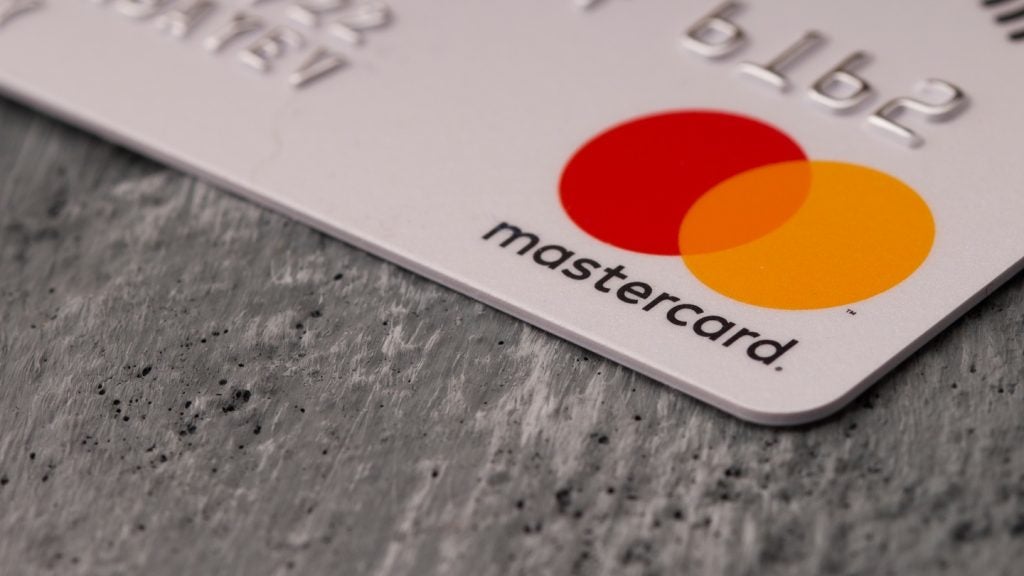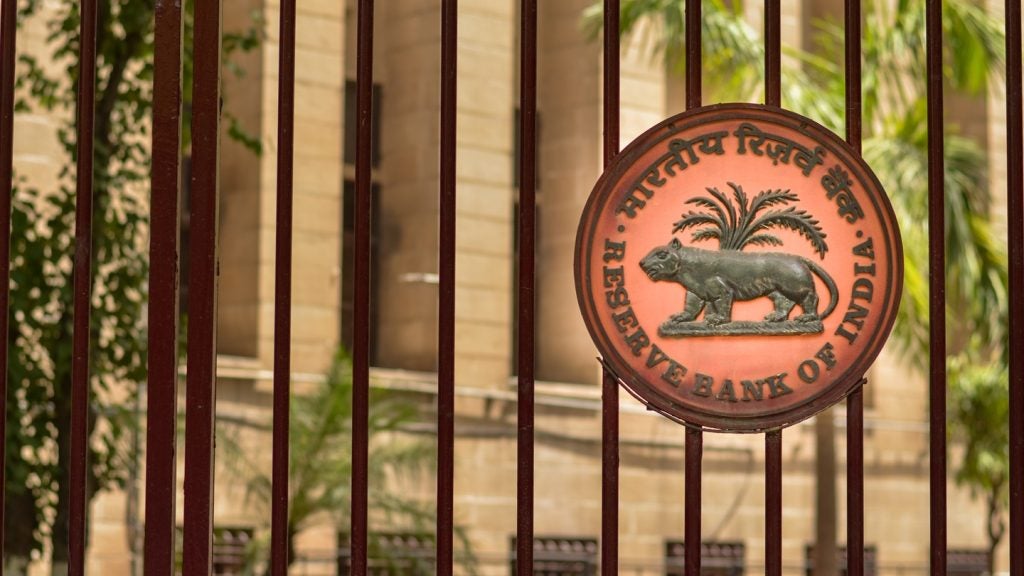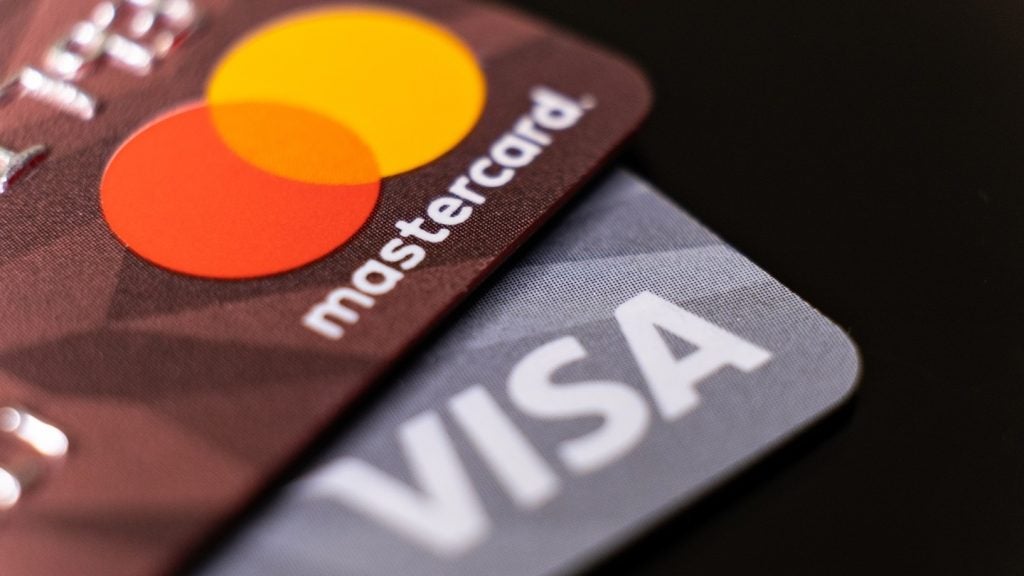If the learned experts in the world of payments are anything to go by at Merchant Payment Ecosystems in Berlin this year, the future of payments is all about mobile, open APIs and is pretty much in the hand of the internet giants
The consensus on PSD2 is positive- embrace the new open API ecosystem

Access deeper industry intelligence
Experience unmatched clarity with a single platform that combines unique data, AI, and human expertise.
Mark A. Ranta, director product management, financial institutions, ACI Worldwide said the customer was at the centre now, driving the new payments ecosystem.
"What each of our companies did in the marketplace is not what we will do in the new ecosystem- the only way to do this is through open API technology and ecosystem.”
It’s true the customer- be it merchant or end consumer is ringing the change. By way of illustration, one of the key drivers for instant payments in The Netherlands, for example, was the delay merchants faced over the Easter weekend a few years ago to receive their proceeds. A four day wait had become unacceptable.
Silvia Mensdorff-Pouilly, general manager Europe, Processors & Networks, ACI Worldwide,

US Tariffs are shifting - will you react or anticipate?
Don’t let policy changes catch you off guard. Stay proactive with real-time data and expert analysis.
By GlobalData“[With PSD2] Third Party Payment Service providers will enter the marketplace, create new payment services, use data in creative ways; aggregation services will reduce complexity, security and in-app authentication is key.”
Paul Thomalla SVP global corporate relations and development, ACI Worldwide, “PSD2 is the best thing the regulators have brought out. I’m already looking thinking about PSD3.”
The world of payments is truly at a point of inflexion
The PRs are right to be having a field day with all their superlative commentary around the pace of change in payments. It has shifted from hackathons, to app development in the garage, to development portals being launched now almost every day within the space of a couple of years.
Take India as an example of pace of change. Sheri Brandon, head of transaction banking at TIETO, pointed out that within ten days of the Indian government’s withdrawal of over 80% of Indian bank notes from circulation, electronic payment mechanisms had been put in place in farmer’s markets.
Talk of frictionless, invisible payments abounded at MPE but as yet, this seems a far-off scenario in terms of retail. We have it already with the likes of Uber, but in the case of Amazon Go ("Just Walk Out technology"), which does away with POS checkout and queues, it rather begs the question as to whether the retail unit is necessary in the first place. But let the death of bricks-and-mortar retail be another conversation.
Acquirers’ and processors’ to become 'merchant servicers
Ron Kalifa, vice chairman, Worldpay, was forthcoming in pinpointing exactly how the processors’ role would evolve in the new, proliferated payments ecosystem brought about by PSD2. In particular small to medium sized merchants.
“Our role going forward is to manage complexity for merchants- the small to mid-sized organisations who write down their takings manually each day; managing complexity through technology solutions.”
Paul Thomalla, ACI Worldwide, said only the large processors will survive under the constant pressure of disintermediation. “It will all come down to scale”
Michael Steinbach, CEO, equensWorldline SE, “Processing will become a huge commodity; acquirers need to offer to merchants data services. On the processing side it is very much about scale. Time to market is key- onboarding a merchant needs to be done in weeks, not months.”
Diane E. Offereins, executive vice president, payment services, Discover Global Network, went so far as to say, “In five years’ time, these guys won’t be called acquirers, but merchant servicers.”
The future is mobile
Verifone’s Nathan Gill, Worldpay’s Ron Kalifa, and Dave Birch all agreed the future of payments is all about the mobile.
Ron Kalifa: “We predict mobile payments will double by 2020.
“In 1995 only 1% of the population had a mobile; now, 75% of the world population has a smartphone.”
The challenge is to simplify the checkout process. So many wallets send the buyer from screen to screen to complete a payment. The aim should be to check out on the merchant’s web page, in one go.
[In NL] 88% ecommerce comes through the mobile channel.
Cashless society gaining momentum
Various government initiatives across Europe and the world are in place and inspiring others. To name but a few in Europe:
The end of production of high value notes, eg the €500 note by the ECB.
Belgium: Limit imposed on cash withdrawals of €3,000
Greece: Tax imposed on cash withdrawals and a mandate for all businesses to pay salaries electronically
Sweden: So-called blackboxes in cash registers have been installed to send sales data directly to the tax office; the country aims to be cashless by 2030
The Danish government has a target to eliminate paper money by 2030 and it has already outsourced the printing and minting of cash outside of the country
Sheri Brandon, head transaction banking, TIETO, shared some Yougov survey stats from June 2016:
“38% of Americans believe cash will disappear as a payment method in the US by 2040.”
However, 48% of Americans believe cash will never disappear.
In Canada– 56% people were happy to go cash free.
“Four forces are driving the shift towards a cashless society: infrastructure, consumer, regulation and merchants and PSPs.”
“Is the world going cashless? Yes, by 2040,” was Brandon’s bet. High stakes.
Apple, Google, Amazon reign supreme
This is all conjecture until the internet giants decide to do whatever they are going to do- it remains to be seen whether they have the same trust base as banks do but the industry must simply wait and see, such is their gravitas.
Don Ginsel, founder & CEO, Holland Fintech, said we have already seen the first steps of these players diving in, “offering convenience levels we haven’t seen before. The challenge is to keep the system safe
“The US guys can utilise the 2 billion customers they have- they can push down prices to serve their partners.
Joe McGuire, Airwallex, “It’s great for fintechs to have access to data- but if there is a problem with data the banks get blamed. Banks have trust. Not sure if Apple and Google have that trust. I see banks as being guardian of funds and data due to trust but not so much lending going on.”
Until there is a data breach with these internet players have incredible power.
Banks may want to reconsider their offering and role
The role not so much carved out by banks but the one they will be left with may not be worth it, as Don Ginsel, founder & CEO, Holland Fintech pointed out
“People will still have trust in vault of bank but all that money will be used by paying all the facilitators. All the ways banks make money now will disappear. What happens when revenue streams disappear for banks? They might well ask themselves, ‘do we need to be a bank to make money in these areas? And maybe re-think their role altogether.”
Matti Rusila, development manager, OP Financial Group/Pivo Wallet, “We admitted this early on, that’s why we changed from a bank and moved up the value chain elsewhere.”
Whether or not it is the dream for every fintech to be purchased by a bank, it is definitely the aspiration of every venture capitalist for the fintech they have backed to be bought up.
The whole world will be on WeChat within five years
Ron Kalifa, “In China, 1 in 3 people buy on mobile; in Germany, 1 in 100 do.”
Joe McGuire, global head of sales/partnerships, Airwallex- “The things you can do on WeChat.. in the next five years, the whole world will be on WeChat, it will have taken over”







